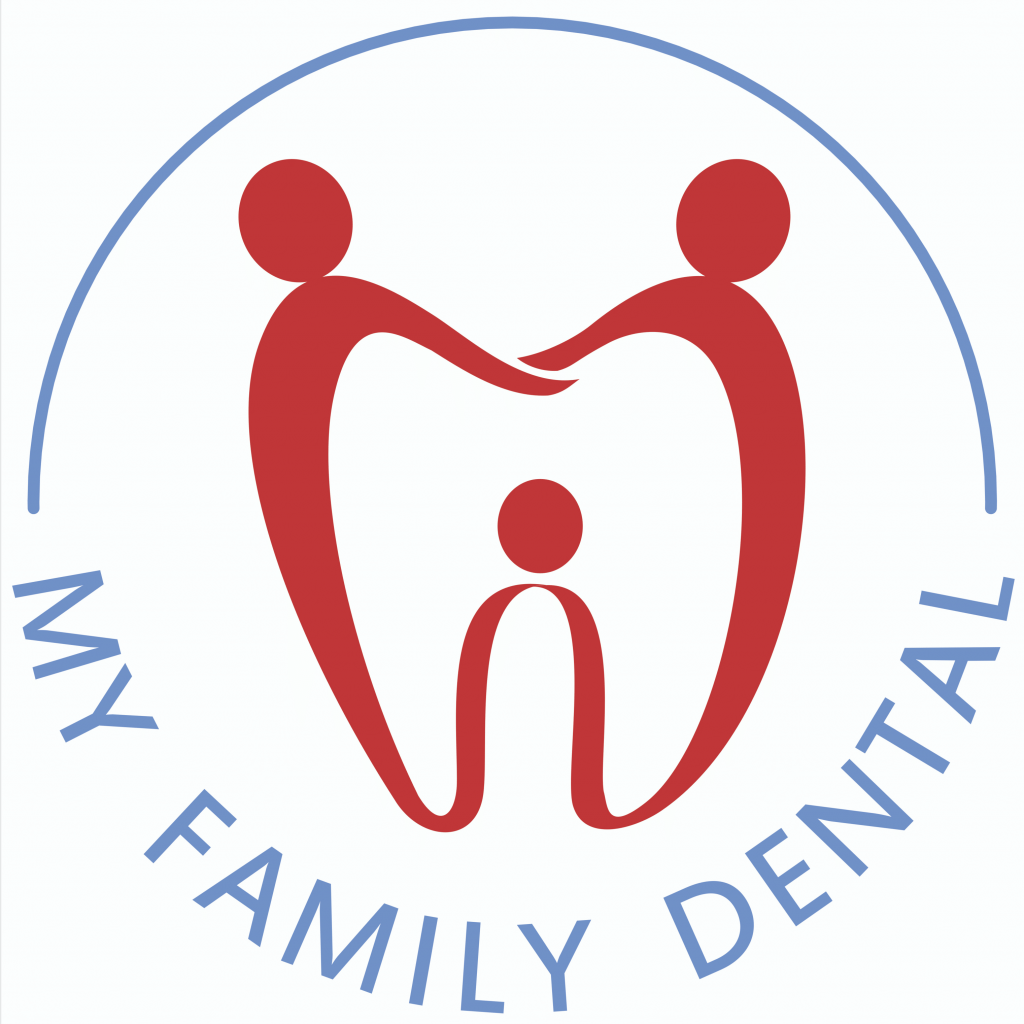Removing wisdom teeth is a standard dental procedure. However, wisdom tooth removal can be tricky and even dangerous if not done correctly. This blog post will outline tips to help you prepare for wisdom tooth removal surgery. We’ll also discuss what to expect during and after the procedure. Following these tips can ensure a safe and smooth recovery from wisdom tooth surgery.
When should wisdom teeth be removed?
According to the American Association of Oral and Maxillofacial Surgeons, wisdom teeth should be removed when they become impacted, meaning they grow in at an angle and become stuck against other teeth. They can also cause problems if they only partially erupt through the gums, as this can trap food and bacteria and lead to infection. Additionally, wisdom teeth that come in entirely can crowd the mouth and make it hard to brush and floss properly, leading to an enhanced risk of tooth decay and gum disease. For these reasons, it is generally recommended that wisdom teeth be removed before they cause problems. However, every situation is unique, so it is essential to consult a dentist or oral surgeon to determine whether removal is necessary.
What is the procedure for wisdom tooth removal?
The surgery is usually performed by an experienced oral surgeon under local anesthesia, although general anesthesia may be used in some cases. The surgeon incurs the gum tissue to expose the tooth and bone. The tooth is removed in one piece or divided into sections before extracting it. Wisdom tooth removal is a relatively routine procedure, and most people recover from surgery without any problems. However, as with any surgery, there is a small risk of possible complications, such as bleeding or infection.
How long does it take to recover from wisdom tooth removal?
In most cases, the healing process takes around seven to ten days. However, some people may experience residual discomfort and swelling for a few weeks after the surgery. Following your dentist’s instructions for post-operative care is essential, including taking pain medication and avoiding hard or crunchy foods. Following these simple guidelines can help ensure a speedy and successful recovery.
Are there any risks associated with wisdom tooth removal?
Certain risks are associated with any surgery, and wisdom tooth removal is no different. The most common complication is pain and swelling, which can usually be controlled with over-the-counter medication. However, there is also a risk of damage to the nerves that control sensation in the jaw, which can lead to numbness or tingling in the lips and tongue. In rare cases, wisdom teeth removal can also cause infections, which may require treatment with antibiotics. Overall, the risks of wisdom teeth removal are typically low but discussing all potential complications with your dentist before the procedure is essential.
Tips everyone should know about wisdom tooth removal
Most people will have to deal with wisdom tooth removal at some point. While the thought of surgically removing teeth may be daunting, there are some things you can do to make the experience as smooth as possible. Here are a few excellent tips to keep in mind:
- First, find a renowned wisdom teeth removal dentist. This ensures a safe and effective procedure.
- Second, strictly follow post-operative instructions. Examples include avoiding hard or crunchy meals, drinking, smoking, and taking prescribed pain medicine.
- Third, watch for mouth infections—excessive bleeding, edema, or redness. Call your dentist if you see any of these indicators.
These steps will help you through the wisdom tooth removal process smoothly and with minimal complications.
Wisdom tooth extraction at My Family Dental QLD, Parkdale VIC, Australia
Wisdom teeth removal is a standard procedure, but it’s essential to be prepared for what to expect. Knowing the steps involved in the process and understanding how your mouth will heal can help make the experience as smooth as possible. If you have any particular questions or concerns about wisdom teeth removal, talk to your doctor – they are there to support you through every step of this process.
My Family Dental has dental clinics in Emerald, Bowen, Innisfail, Townsville, Ingham, and Bohle Plains for your convenience.



